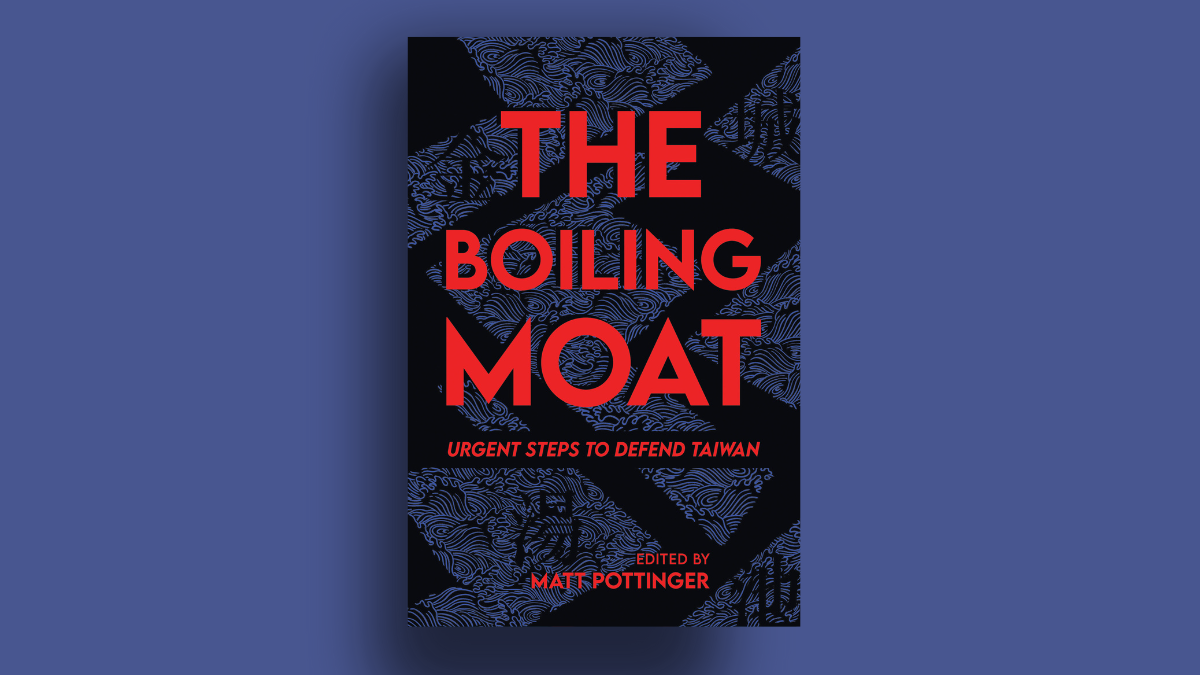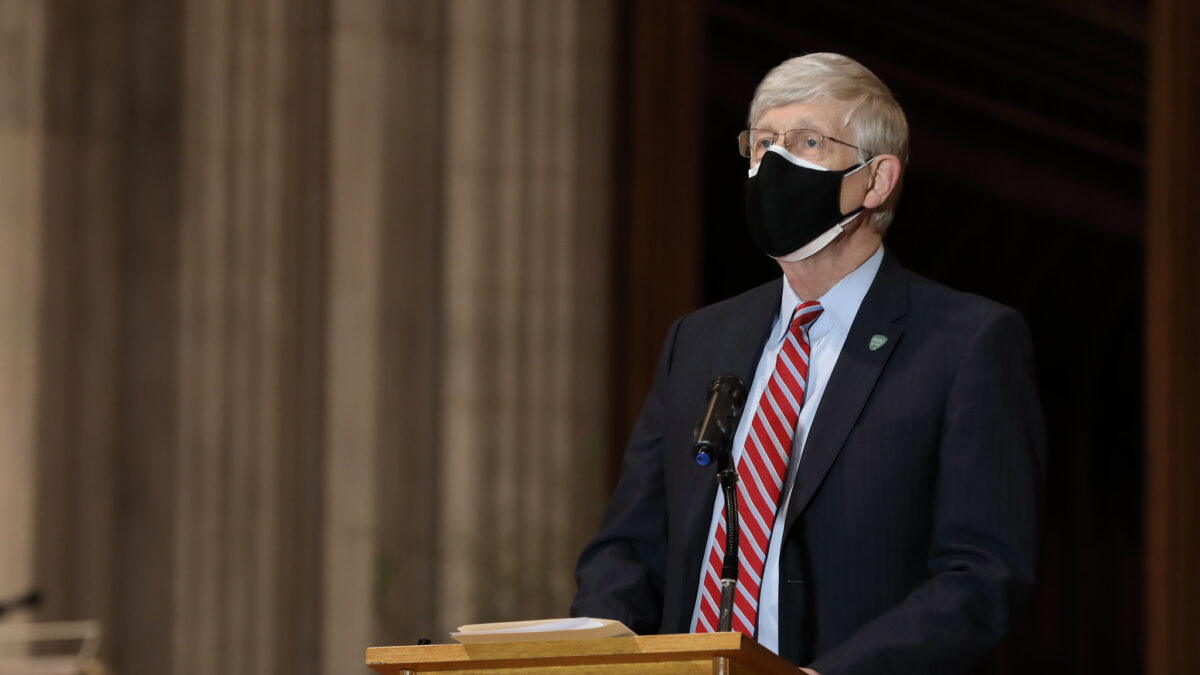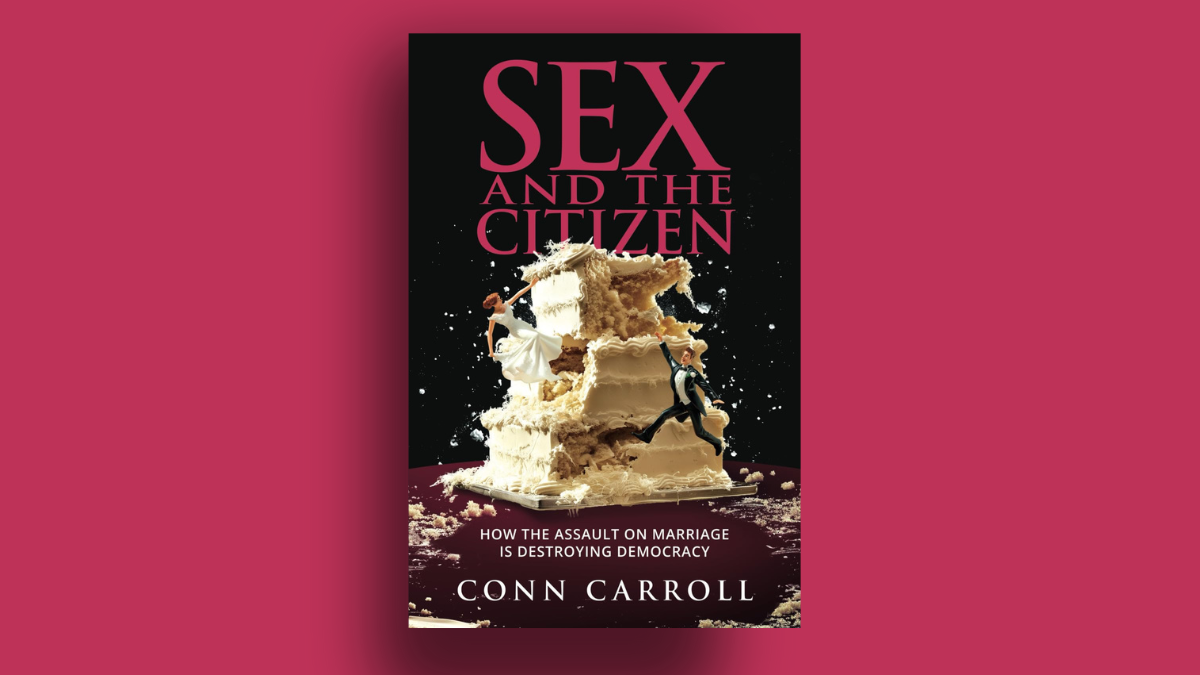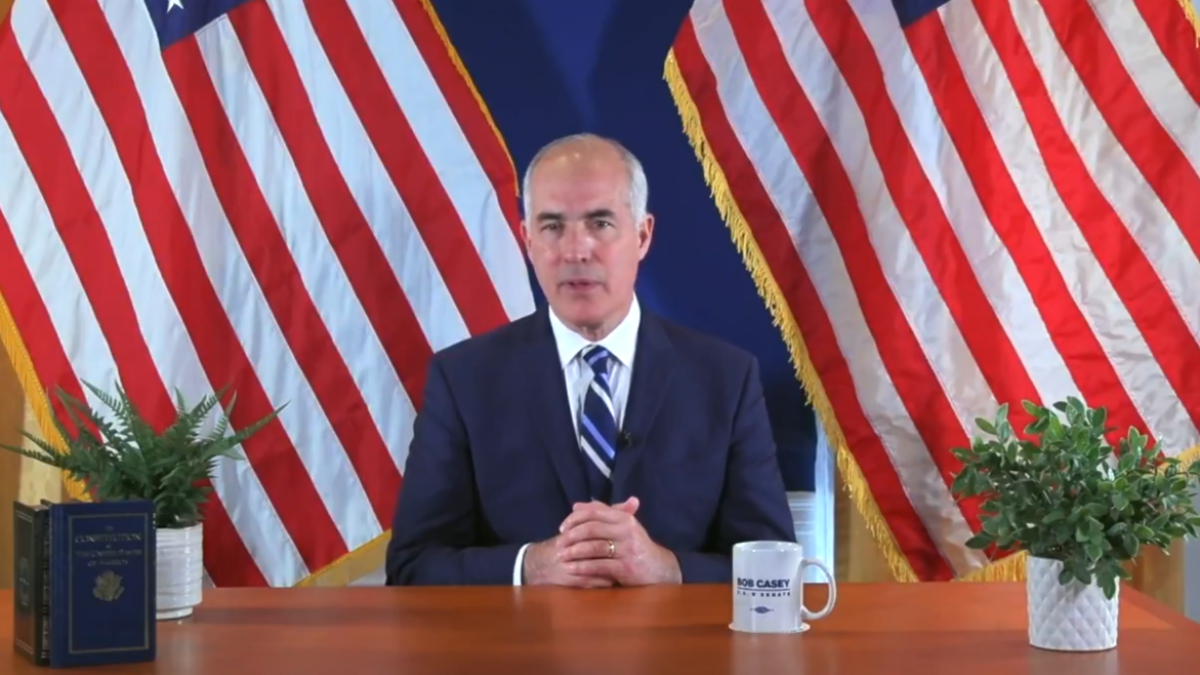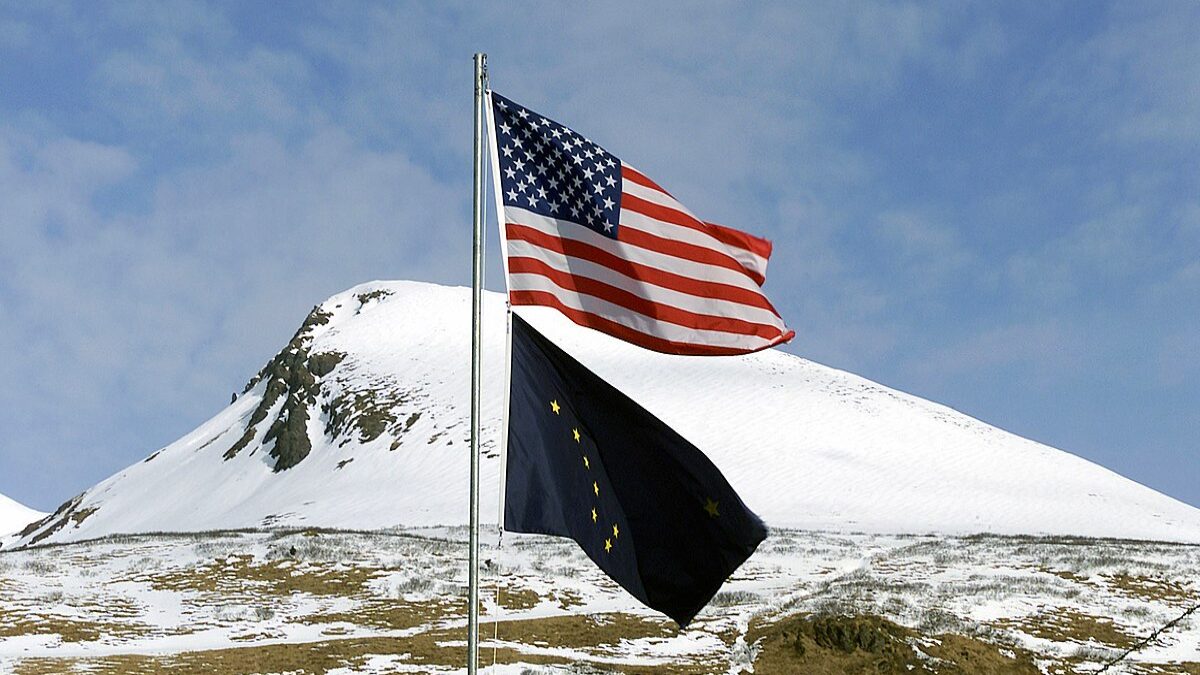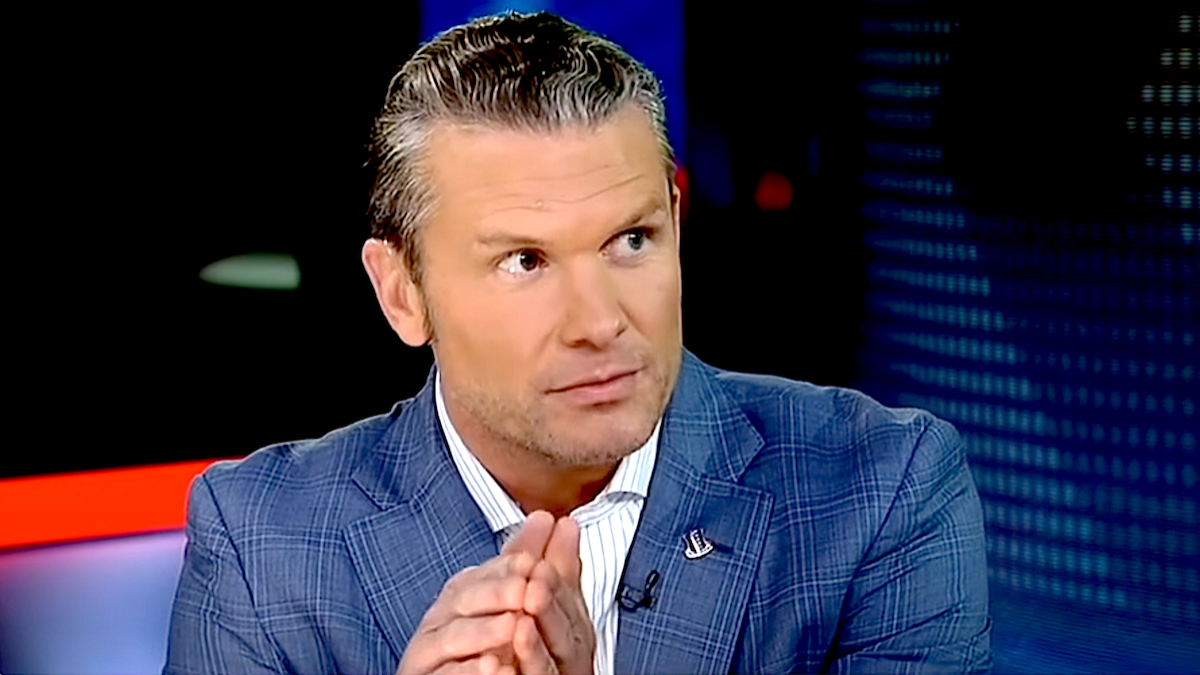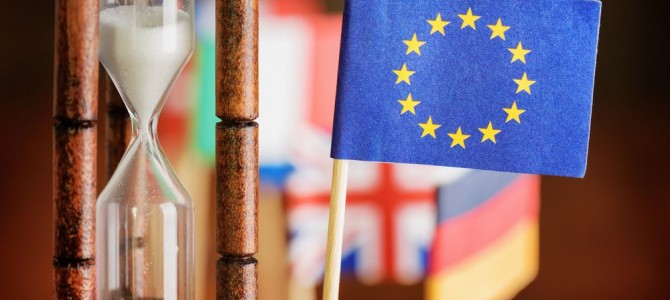
As we approach death, it is not unusual for members of our solipsistic species to suspect that the world is similarly doomed. When Stefan Zweig executed a suicide pact with his wife in Brazil on February 23, 1942, the Viennese novelist had more reason than most for harboring this suspicion. After fleeing Nazi-dominated Europe where his books were being burnt, Zweig wrote the manuscript “Die Welt von Gestern” (The World of Yesterday) with confidence that the world of tomorrow would be dark. Europe’s destruction was not yet complete, but it had long since “passed its own death sentence.”
In “The Strange Death of Europe: Immigration, Identity, Islam,” the British writer Douglas Murray opens his forensic inquiry on the impending suicide of the old continent by picking up where Zweig left off. Zweig never lived to see the death sentence carried out, but Murray fears that coming generations of Europeans will not be so lucky.
“The Strange Death of Europe” is a polemical but perceptive book culled from Murray’s extended sojourns across Europe’s frontiers – from the Italian island of Lampedusa, a flyspeck in the Mediterranean closer to the shores of North Africa than it is to Sicily, and to Greek islands that sit within sight of the Turkish coastline. These places have borne the brunt of the recent exodus from the Middle East and North Africa, but the author has also ventured to the remote suburbs of Scandinavia and Germany and France where many of these migrants end up. The resulting portrait is not a happy one.
To put it briefly, Europe faces two existential challenges. I use the term “existential” advisedly, not in the sense that Europe will somehow cease to exist but that it’s identity and ideology is being gravely, and perhaps irretrievably, disfigured. The first of these “concatenations,” to use Murray’s arresting term, is the mass movement of peoples into Europe, ensuring that “what had been Europe – the home of the European peoples – gradually became a home for the entire world.”
In itself, this condition would not be so treacherous but for the second condition, Europe’s thorough loss of faith in its “beliefs, traditions and legitimacy.” Gone are the days when the leading powers of Europe committed themselves to the restoration of grandeur at home or a mission civilisatrice abroad. The distinguishing feature of modern Europe is its persistent ennui, shown in the inability or unwillingness “to reproduce itself, fight for itself or even take its own side in an argument.” What’s more, Europeans seem less stirred to face these unpleasant facts than they are fearful of interpreting them too precisely.
Immigration, of course, is a delicate subject, and Murray treats it deftly. The never-slacking thirst among Europe’s political class for more immigration has rested on two flawed assumptions, one economic and the other normative (and usually in that order). The economic assumption cites the benefits of immigration without accounting for its costs, and seldom acknowledges that benefits accrue chiefly to the migrants themselves and to highly compensated native inhabitants. Most of the rest of society is left to foot the bill for this immense regressive redistribution of wealth from the poor (who are squeezed out of the labor force) to the rich (who benefit from cheap labor).
Any public concerns about the financial downsides of this immigration – from increased pressure on housing markets to depressed wages – have been swept aside in deference to Europe’s dwindling fertility rates. (In a classic instance of one erroneous public policy begetting another, Murray shrewdly notes that the political left encouraged a “one-child policy” in order to attain an “optimum global population” only later to demand mass immigration in order to lift birthrates back to replacement levels.) The problem of Europe’s birth dearth is very real. The working-age population of Western Europe peaked in 2012 at 308 million – and is set to decline to 265 million by 2060.
So how will immigration schemes alleviate Europe’s fertility-driven strain on the welfare state? It is not clear that they will. Advocates of the rejuvenating effects of immigration are seldom obliged to spell out the wisdom of importing the poor and dispossessed of the world who generally lack the skills required for success in an advanced market economy. Can these migrants reliably be expected to contribute more in taxes than they consume in state aid? (They wouldn’t be alone in their dependence on government largesse: plenty of native workers, too, are struggling mightily to cope with the creative destruction unleashed by the march of globalization and technology.)
When advocates of open borders are pressed on these points, they generally repair to the normative argument. It has been claimed that when a flood of migrants started to pile up at Europe’s frontiers in 2015, the issue ceased to be economic and instead became moral: tending to the needs of beleaguered strangers. Thus Europe’s longstanding debate over immigration suddenly transformed into a contest between head and heart, and in a stampede of sanctimony it was decided that soft-heartedness was better hard-headedness. The gut-wrenching sight of a three-year-old boy named Aylan Kurdi washing up, face down, on a Turkish beach reinforced this impression, not least among the European establishment.
“If Europe fails on the question of refugees,” Angela Merkel argued, “its close connection with universal civil rights will be destroyed. It won’t be the Europe we imagine.” The German Chancellor plainly felt little hesitation to throwing open Europe’s doors in 2015, in spite of the fact that most of the arrivals – at least 60 percent, according to the EU’s Frontex border agency – came from peaceful countries and therefore did not merit refugee status. (Even many Syrian nationals, like the Kurdi family, were safely on Turkish soil when they embarked on their perilous journey across the Aegean in search of economic opportunity.) What’s more, the vast majority of those who fled Syria’s abattoir had been threatened more by the Assad dictatorship than ISIS, a fact that belies the facile claim that these individuals were unlikely to be jihadists because they were victims of jihad.
In announcing that there was “no limit” on the number of migrants Germany would accept, Merkel brushed aside the menacing contradictions she had previously discerned in her 2010 Potsdam speech about the “utter failure” of multiculturalism. By turning Europe into a polyglot boarding house, she imported the social problems and pathologies of the Middle East and, in the bargain, exacerbated Europe’s economic crisis.
It is a curious fact that the fiasco of European immigration and integration was fully appreciated by the very leaders – Merkel was hardly alone here – who later welcomed and encouraged the migration surge. Murray reasonably asks how, if multiculturalism was not working with around 50,000 people claiming asylum in Germany each year, was it expected to work with 1.5 million people.
Instead of rebuking Merkel’s determination to solve a problem by enlarging it, Europe’s ruling class reaffirmed her solicitousness for mass migration. “Borders,” proclaimed the European Commission President, Jean-Claude Juncker, in August 2016, “are the worst invention ever made by politicians.” But rather than exposing the folly of borders, Europe’s open door policy bears unintended witness to their importance. By refusing to patrol its external borders, Europe has seen the reimposition of its internal borders. Thus one of the greatest achievements of postwar Europe – the unrestricted movement of peoples within the EU – has been frittered away. And for what?
To this injury has been added further insult by intolerance for dissenting views. Almost all conversation in Europe about such matters of deep importance as the integrity of borders and the character of society is stalled and inhibited by elite gatekeepers concerned above all with maintaining the continent’s reputation for cosmopolitan civility. To express any reservations about the scope and scale of immigration is, as Murray writes, “to invite accusations of closed-mindedness and intolerance, xenophobia and barely disguised racism.”
Despite this cordon sanitaire around the official consensus, the peoples of Europe increasingly seem to believe that the continent cannot survive this policy much longer. The majority in nearly every European country believes that migration flows into Europe should be slowed down or stopped entirely.
But the question of who Europe is for is dwarfed by the larger question of what Europe is for. Murray begins his answer by invoking a sobering analogy from Chantal Delsol’s “Le Souci Contemporain” (1996), translated into English as “Icarus Fallen.” Delsol suggested that the condition of modern European man was the condition that Icarus would have been in had he survived the fall. After repeatedly trying to reach the sun, Europeans at last crashed to earth and opened their eyes to the wreckage of their dreams.
This bitter experience incubated the conviction across the continent that Europe must not be the repository of civilized ideology but rather inhospitable to all ideologies. In practice, this spawned an Orwellian judgment that “while all cultures are equal, European cultures are less equal than others.” Vigorous displays of cosmopolitan sophistication have overtaken liberal nationalism as the lingua franca of European politics. Postmodern Europe, weighed down with guilt for its historical crimes – “explosions of collective bestiality,” to borrow once more from Zweig – is now bereft “any unifying idea” beyond “respect,” “tolerance” and (Murray’s favorite piñata) “diversity.”
Not quite the stuff of civilizational greatness, but to some readers this may sound like a sensible and humane approach. It is not. Europe has been importing a considerable mass of people on the unspoken assumption that more diversity in a society will invariably breed ever more tolerance. Worse, this massive influx has been accompanied by an austere and often fervent Islamic piety; and this has been doubly dangerous. Loose talk of a “clash of civilizations” between Europe and its Muslim communities is egregious, but it is hard to ignore the rampant illiberalism exhibited by large numbers of certain immigrant groups. After the 7/7 bombings in London, polls revealed that 68 percent of British Muslims believe that British citizens who “insult Islam” should be arrested and prosecuted.
Europeans are thus deluding themselves if they imagine that mere “tolerance” will salve their guilty consciences without imposing a steep price. If they prove willing to accept unlimited cultural diversity – to the detriment of minorities within these minorities, i.e., gays, women, freethinkers, etc. – then Europe will come to exude an atmosphere of lenience, not tolerance. This is precisely the outcome Murray fears. By the middle of the century, he predicts, “Western Europe will at best resemble a large-scale version of the United Nations” – a body, it is well to recall, that is deeply illiberal and undemocratic.
It need not be this way. In order to recover their strength and confidence, it will be necessary for the peoples of Europe to resolve the question of whether or not their way of life has depended on beliefs that they have ceased to hold. They must cultivate what the Spanish philosopher Miguel de Unamuno called the “tragic sense of life” and become fluent in liberal nationalism. They could insist that, despite the sins of their past, they have rights as well as duties in the present. They could abandon their disinclination to power that has become little more than a disinclination to history. They might even consider crediting certain forms of Christianity for their contributions to civilization.
This might sound hard-hearted or anti-European. In point of fact, it is actually in the spirit of many of Europe’s greatest minds, as well as in the cause of its postwar leaders. These public servants had a muscular, even guileful side, as you would expect of a generation that had seen Europe reduce itself to cinders. They cultivated a respect for power in rueful recognition that principles, even collegial ones, were doomed without it. History had taught them to be liberals without being ensnared by the pitfalls of that ideology, chiefly sentimentality. (De Gaulle, for instance, had not the least intention of empowering Brussels at the expense of France.) Having lost so many of life’s close calls, this robust liberalism was intended less as a romantic faith than a resilient one.
By and large, the good and great of Europe’s philosophers and politicians still cling to Kant’s vain hope of “perpetual peace” which neatly coincides with their desire for a quiet life. With eloquence and relish, Murray offers as stirring a tonic to Europe’s morbid addiction to self-abnegation as you could hope to find. “The Strange Death of Europe” issues a challenge to Europe’s habit of guilt allied to cynicism, and renders a fine accounting of the long withdrawing roar of liberalism in Europe that George Dangerfield once provided for Edwardian England.
When the full story of this era in Europe is written, the only important question will be whether the Old World had come to pity or envy Zweig, who saw the world of tomorrow and bowed out before it dawned.


